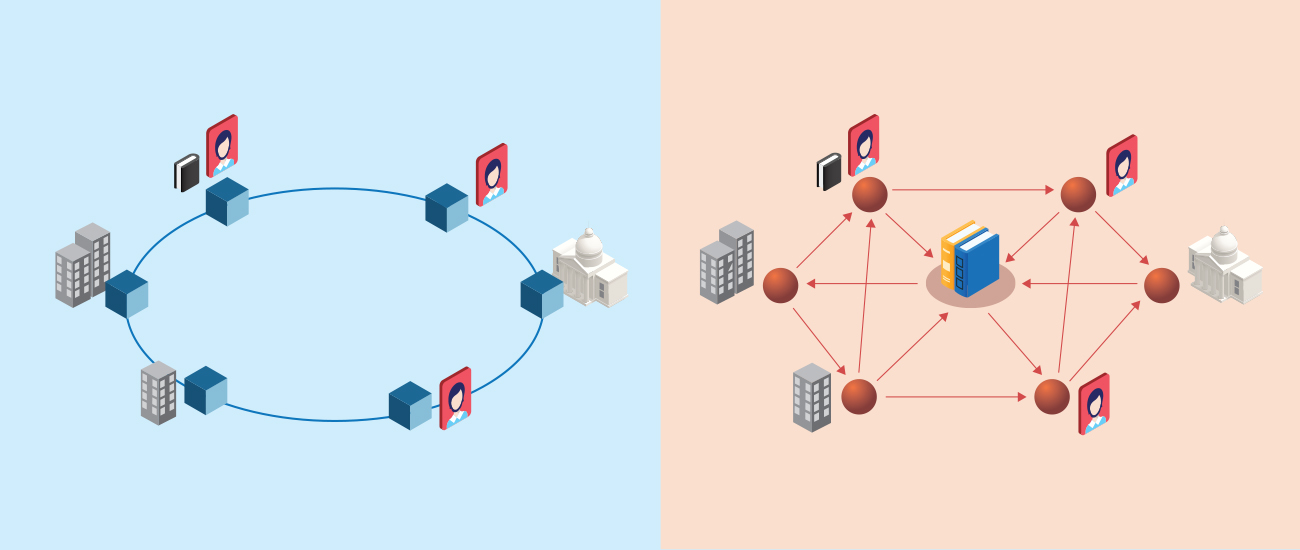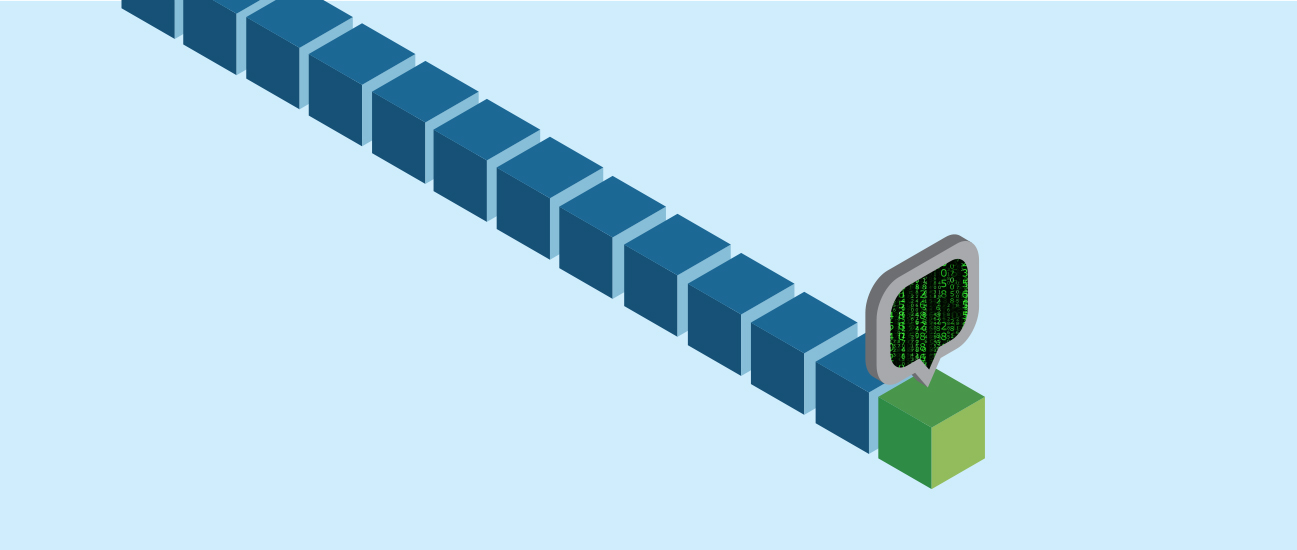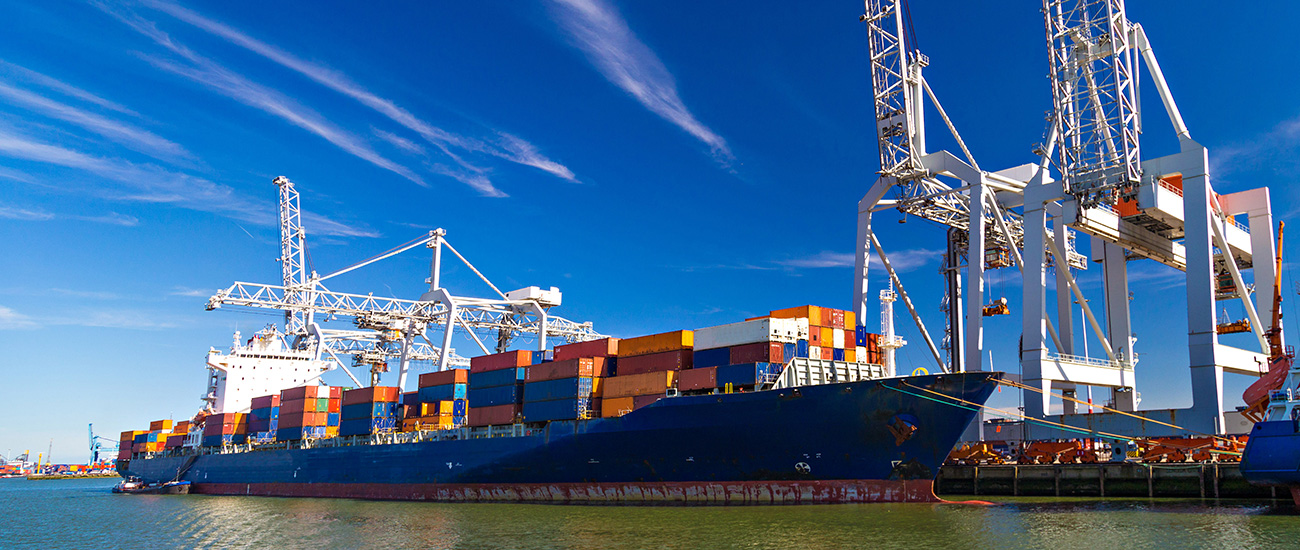Bitcoin technology has already been around for almost a decade. But as the year comes to a close, tech experts think they have found a new use for one of its core technologies.
All of a sudden, the word on every trade professional’s lips going into 2017 is blockchain – the public distributed ledger system used to verify Bitcoin transactions.
Verifiable Chain
Blockchain is not brand new, but the way people are now thinking about it certainly is. At its core, blockchain is a distributed digital ledger. In most cases, companies still use outdated paper ledgers or central databases to log transactions. The problem with systems like these is that they can be ineffective, and are susceptible to tampering and cyber-attacks.
Blockchain, however, is a cryptographically verifiable solution that does not use a single central ledger stored on a company’s PCs or servers. Instead, the technology allows peers on a network to share their information. Each peer logs their respective information, and when everyone has logged their transaction data, an immutable block is formed. This first block becomes the basis for the next block, forming a chain that all users can access and verify but nobody can change.
For traders, this system provides numerous advantages. It is a tamper-proof and transparent chain that does away with third-party ledgers, clearinghouses and central hosting systems. Getting started with blockchain is also fairly straightforward, as all you need to begin is a network of computers, a shared protocol for the network to use and a consensus system.
Early Days
Although blockchain has won a lot of admirers, most trade professionals are not yet rushing headlong into this brave new world of ledger management. Nonetheless, many traders and logistics experts are now starting to test ways of using blockchain technology.
Energy traders are among those now conducting advanced blockchain trials. One such example is Siemens, which has teamed up with a blockchain startup to offer microgrid control and automation solutions that the company claims will “provide additional value on the utilities and the prosumer side.”
Food and Health Innovations
Blockchain may also be used in the food industry in the future, with large players such as Walmart already testing cost-reducing blockchain technology. Experts claim such solutions could help retailers monitor their produce and act fast if unsafe food accidentally ends up on their shelves.
The Australian Securities Exchange, meanwhile, says hospitals and clinics find traditional ledger management burdensome and expensive. It claims that blockchain could offer the medical industry the chance to radically overhaul its data-storage systems.
And Bill Gates’ Gates Foundation has recently given a grant of an unknown size to a company that wants to use blockchain to manage medical records in developing countries.
Distribution Developments
Logistics is also in for a shakeup, if blockchain evangelists are to be believed. Rotterdam, one of Europe’s most important shipping ports, is currently testing blockchain tech-based solutions in conjunction with Dutch governmental and educational bodies.
Visakhapatnam, one of India’s biggest ports, has moved to create a blockchain institute in collaboration with the University of California, Berkeley. The Indian government has also held talks with Singapore-based enterprises about “preparing the ecosystem” for blockchain ventures.
Shipping companies are also in on the act. A British-American freight forwarder has recently made waves by becoming the first shipping company in the world to adopt a public blockchain to its delivery process.
The Role of Government and Big Business
The government in the Philippines’ has previously spoken about putting its currency on blockchain. Although it may take a long time before any country is capable of actually following through with such a measure, times are changing fast.
In countries like the UAE, the UK, Germany and Finland, governments are now looking at ways blockchain could shake up logistics, financial trading and state transactions. That means traders will likely have to follow suit – or better yet, take the initiative and pioneer blockchain change themselves.
Big IT companies like IBM and Microsoft are getting into blockchain, and are specifically targeting traders and logistics companies. With more technological solutions at their disposal, traders are increasingly likely to continue exploring the ways they could use this technology in the years to come.
Cause for Cautious Optimism
Nothing is set in stone when it comes to blockchain, and some are still wary about rushing into new IT-based ledger solutions. However, some logistics experts are very optimistic about blockchain’s potential, and some pioneers say it could even “radically transform the global economy.”
The second quarter of 2016 also saw an enormous spike in the amount of established companies and governments around the world beginning blockchain tests.
If nothing else, traders’ interest in this new form of ledger management has now been piqued. And as we move into 2017, all eyes are on this fast-developing trend. Although many are still waiting to see if blockchain can prove its worth, it seems trade experts now have a reason to be cautiously optimistic about the future of ledgers.












